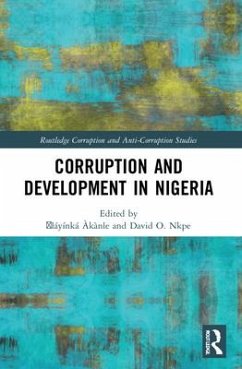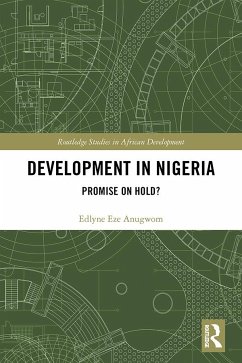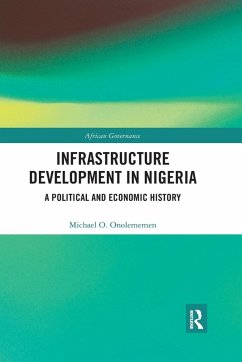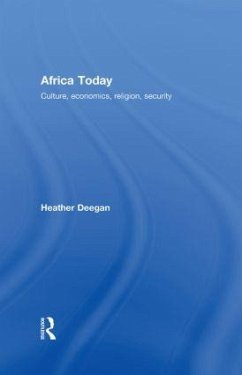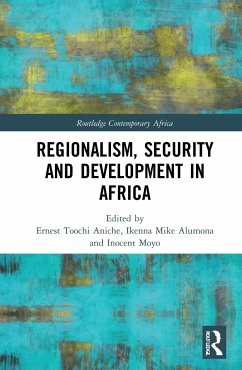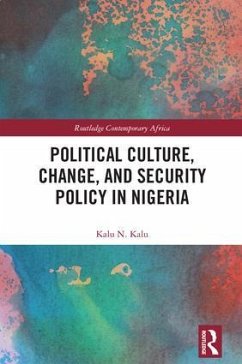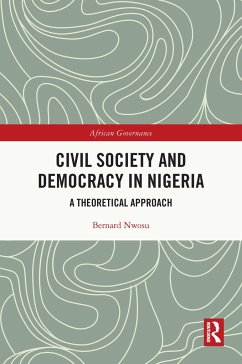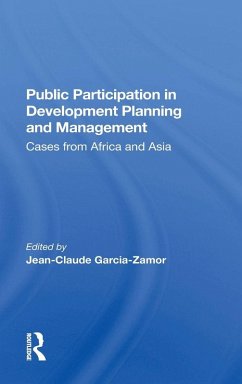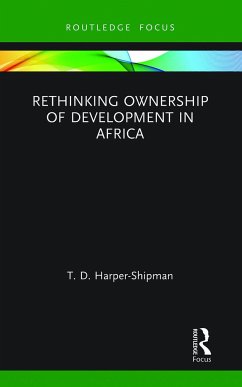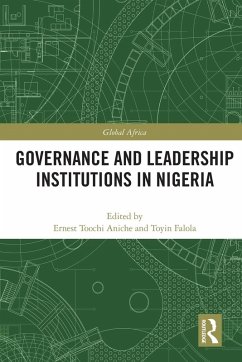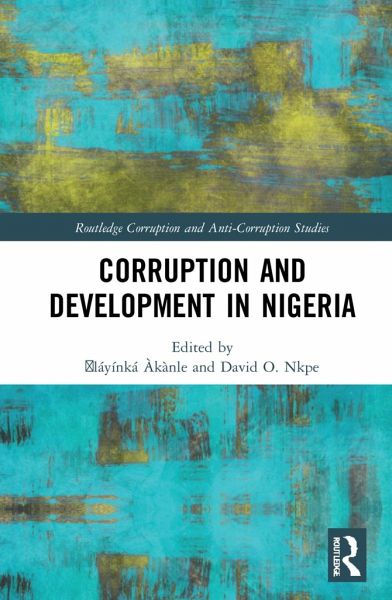
Corruption and Development in Nigeria
Versandkostenfrei!
Versandfertig in 1-2 Wochen
167,99 €
inkl. MwSt.
Weitere Ausgaben:

PAYBACK Punkte
84 °P sammeln!
This book argues that corruption lies at the heart of many of the Nigeria's problems. This book will be of interest to researchers of corruption, development and African Studies, as well as to policy makers, practitioners, and local stakeholders.




